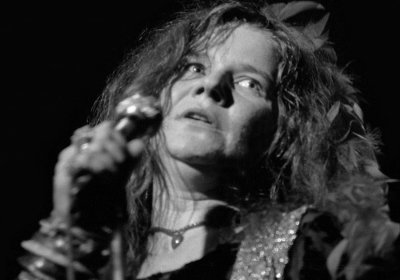Janis, Little Girl Blue
Directed by Amy J. Berg
https://youtu.be/YodSfezlpeQ
Janis Joplin, the gravel-voiced Queen of the San Francisco psychedelic music scene, may seem a bit dated to today’s listeners. But this documentary shows just how important she is.
Born into a conservative family in a Texas back-water, she discovered early that she was different. Her sexual feelings towards other girls cut her apart from the rest of the KKK-drenched society.











